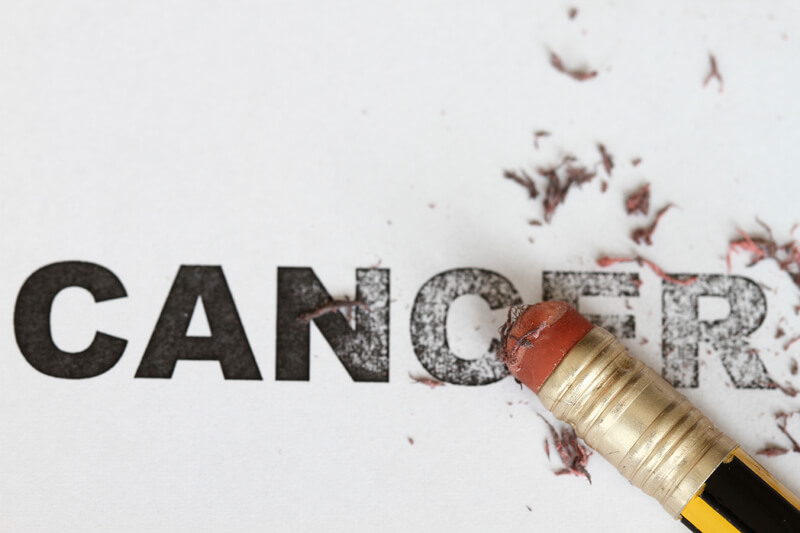SAN ANTONIO (May 28, 2020) — Cancer patients who get COVID-19 have a 13% risk of dying, more than double the rate for all patients with COVID-19 combined. The information is included in the first report by the new, international COVID-19 and Cancer Consortium (CCC-19).
Three faculty members from the Mays Cancer Center, home to UT Health San Antonio MD Anderson, are authors of the data analysis involving more than 900 cancer patients.
An oral report of the results was presented Thursday, May 28, at the American Society of Clinical Oncology’s Virtual Scientific Program. The Lancet, the second-highest impact scientific journal, published the group’s paper simultaneously at 4 p.m.
Dimpy Shah, Ph.D., M.B.B.S., M.S.P.H., assistant professor in the Department of Population Health Sciences at UT Health San Antonio, is a lead author, a member of the CCC-19 Steering Committee and co-leads the consortium’s Epidemiology and Statistics Committee.
Mays Cancer Center Director Ruben Mesa, M.D., FACP, facilitated the Mays Cancer Center’s involvement in the consortium and opened the study here, contributing nearly 60 patients’ data for the initial report. Co-author Mary Salazar, ANP, is involved in data collection for the study.
Patients at higher risk
“Patients with active cancer, older persons, men and people who have additional health problems such as diabetes, obesity, heart problems or hypertension, were found to have a higher risk of dying,” Dr. Shah said.
Mortality was 6% for cancer patients younger than 65, 11% for those 65-74 and 25% for those older than 75. Males also had a higher death rate than females, 17% compared to 9%, the study said.
“One of the most important reasons the Mays Cancer Center is involved in this research is because reports have shown that COVID-19 affects people differently based on race, ethnicity, socioeconomic background and combined health conditions. The people of South Texas have a unique risk profile, so our participation will help ensure a diverse ethnic representation in the studies and allow adequate statistical power to analyze the impact of COVID-19 on various groups,” Dr. Shah said.
“Fortunately, the data didn’t show an increased risk of death for patients receiving cancer treatments who were otherwise healthy,” Dr. Mesa added. “This suggests that patients can continue receiving treatment during the pandemic using extreme caution, which is what we did here. We had clear protocols in place to protect patients as they continued their treatment.”
The CCC-19 registry was built and is maintained at the Vanderbilt University Medical Center. More than 100 institutions have joined the consortium from the U.S., the United Kingdom, Canada, Argentina and Spain.
Other authors on the study include Jeremy Warner, M.D., M.S., and Yu Shyr, Ph.D., from Vanderbilt University; Brian Rini, M.D., from Vanderbilt-Ingram Cancer Center; Gary H. Lyman, M.D., M.P.H., from the University of Washington; Nicole Kuderer, M.D., from the Seattle Cancer Care Alliance; and Toni Choueiri, M.D., from Harvard Medical School and Dana-Farber Cancer Institute.
# # #
The Mays Cancer Center, home to UT Health San Antonio MD Anderson Cancer Center, is one of only four National Cancer Institute-designated Cancer Centers in Texas. The Mays Cancer Center provides leading-edge cancer care, propels innovative cancer research and educates the next generation of leaders to end cancer in South Texas. Visit www.UTHealthsaMDAnderson.org.


